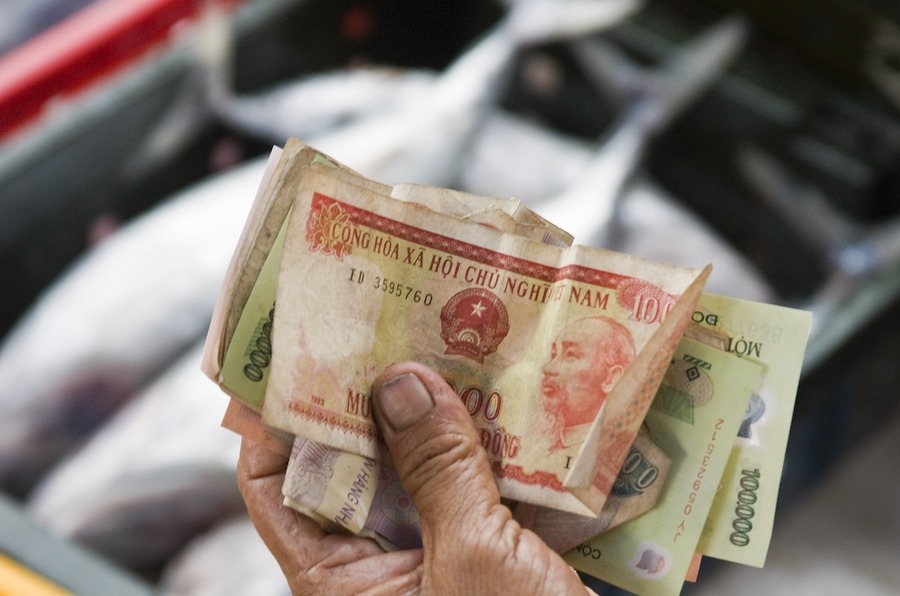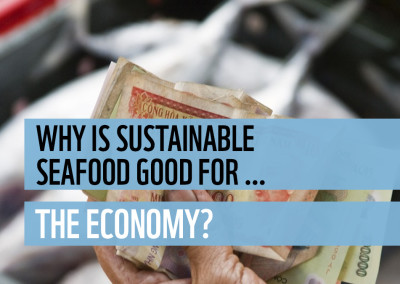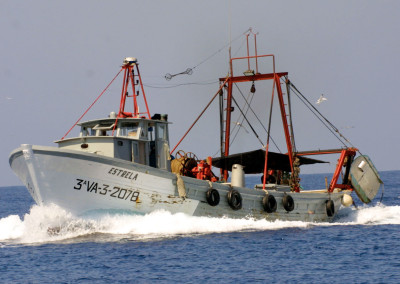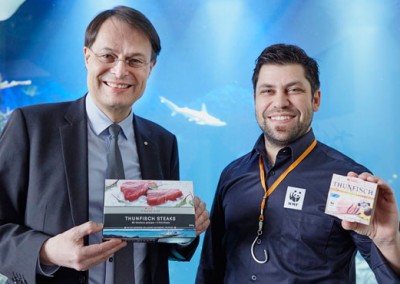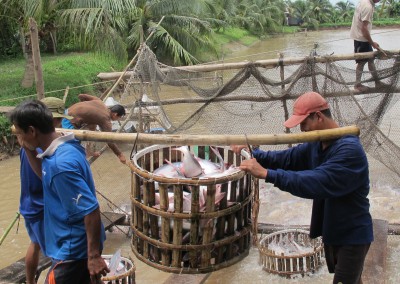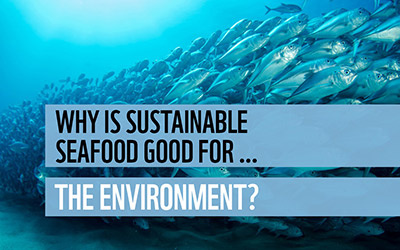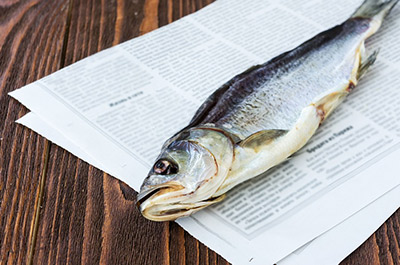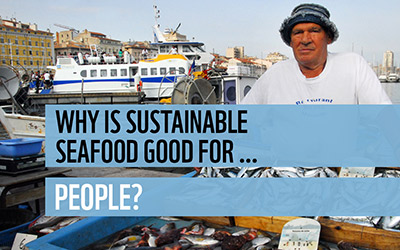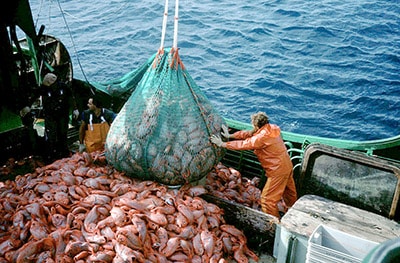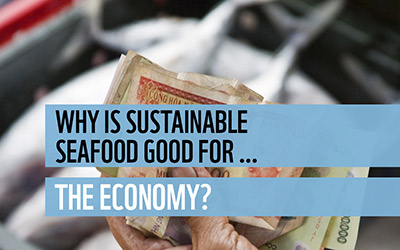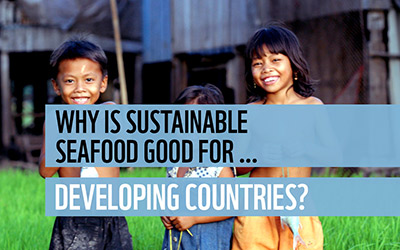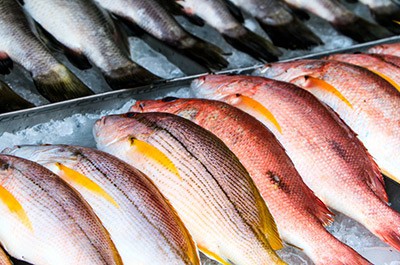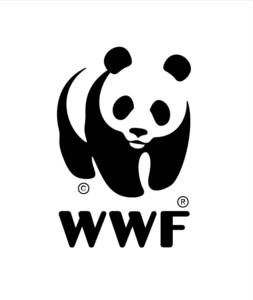Why is sustainable seafood good for… the economy?
The economic value of coastal and oceanic environments is valued conservatively at US$2.5 trillion each year.
If the world’s seas were a country; it would be the country with the seventh strongest economy in the world. The value of goods and services from the oceans is 2.5 trillion USD a year.[1] But even this figure isn’t realising the full potential.[2]
Fish and seafood are among the most traded commodities worldwide. But the fishing industry will only be profitable in the long-term if it detaches itself from short-term profit and pursues a sustainable strategy.
Sustainable fishing doesn’t mean that it’s compulsory to catch less fish. It’s about catching the right fish, in tolerable quantities, whilst sparing others. It’s about using sustainable fishing techniques, that don’t just aim to maximise short –term profit but to secure the long-term conservation of our valuable resources.
Dormant potential
Sustainable management of the ocean´s fish stocks could significantly increase profit from the fishing industry. Experts estimate the ‘dormant’ extra potential to be around 83 billion USD.[3] With better management, fish stocks could recover and would result in more, high quality fish being caught.
But in the end, it’s the consumer of fish and seafood products – so all of us –as well as the retail sector who decides the future of fishing. Consumers through responsible buying decisions and retail through responsible and sustainable seafood portfolios. Only the creation of greater demand for sustainable products and the range on offer at shops and fish markets will support the change – to more responsible and sustainable fishing and fish farming practices. This will support the provision of enough fish to feed the world’s growing population and secure the livelihoods of millions of people in developing countries long-term.
show references for this article
[1] Hoegh-Guldberg, O. et al. 2015. Reviving the Ocean Economy: the case for action – 2015. WWF International, Gland, Switzerland., Geneva. Page 12; http://wwf.panda.org/wwf_news/?244770/Ocean-wealth-valued-at-US24-trillion-but-sinking-fast
[2] World Bank Group. 2015. The Sunken Billions Revisited. Progress and Challenges in Global Marine Fisheries. http://www.worldbank.org/content/dam/Worldbank/Topics/Environment/Sunken%20Billions%20Revisited-web-2.pdf
[3] World Bank Group. 2015. The Sunken Billions Revisited. Progress and Challenges in Global Marine Fisheries. http://www.worldbank.org/content/dam/Worldbank/Topics/Environment/Sunken%20Billions%20Revisited-web-2.pdf















